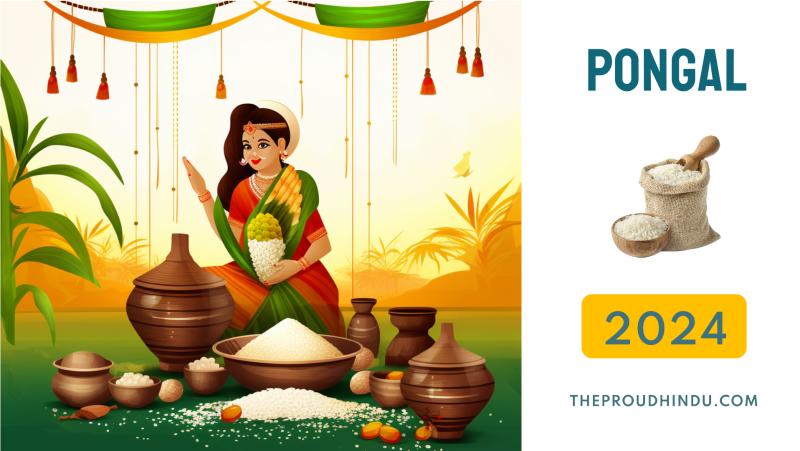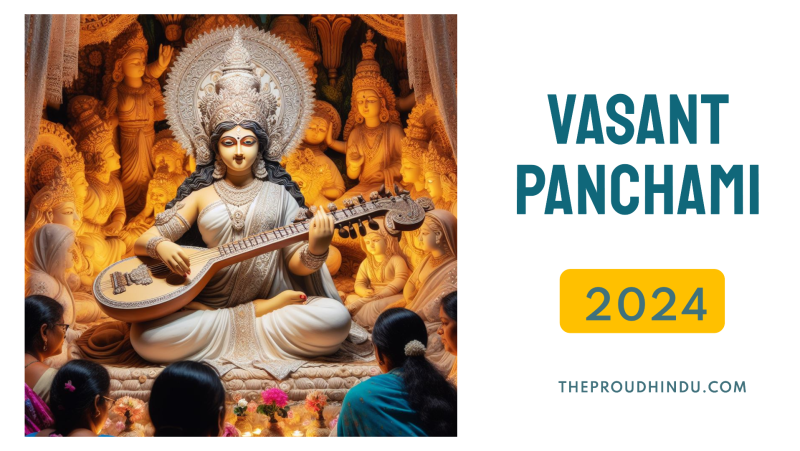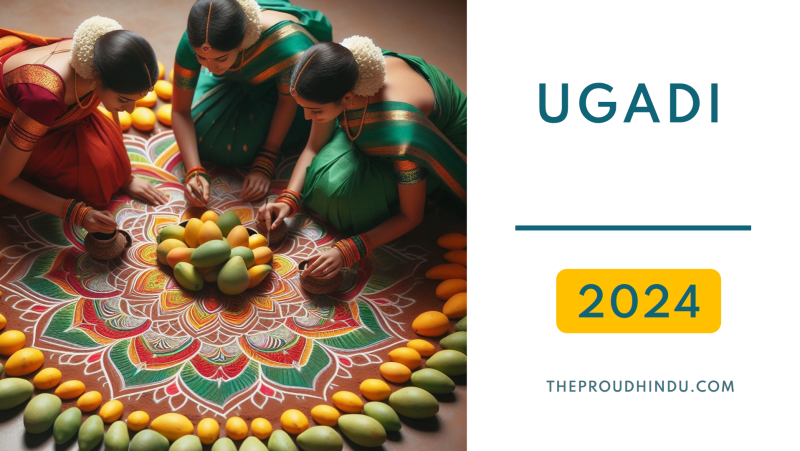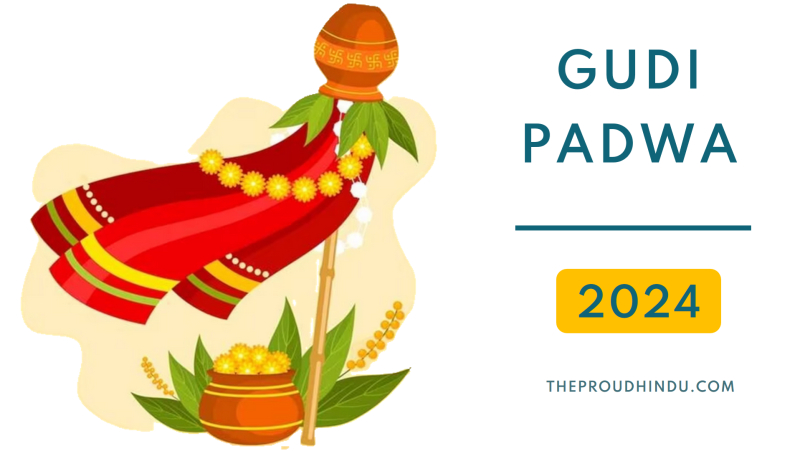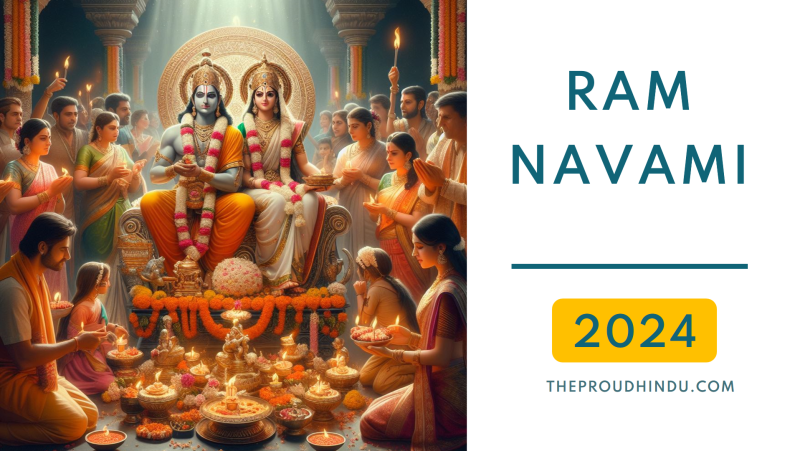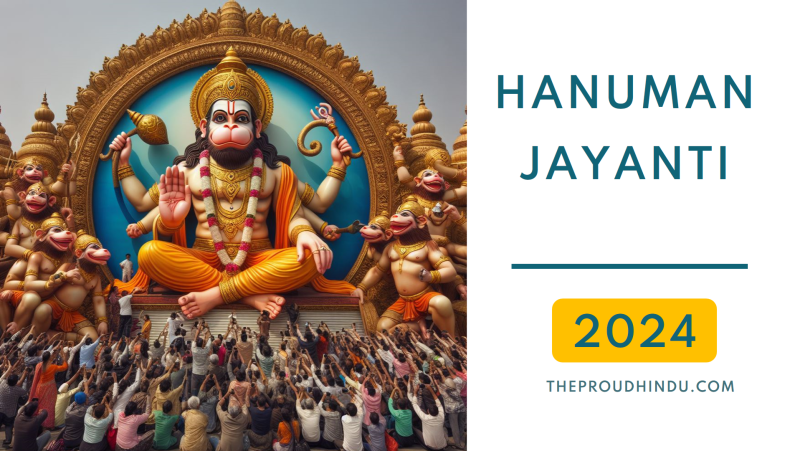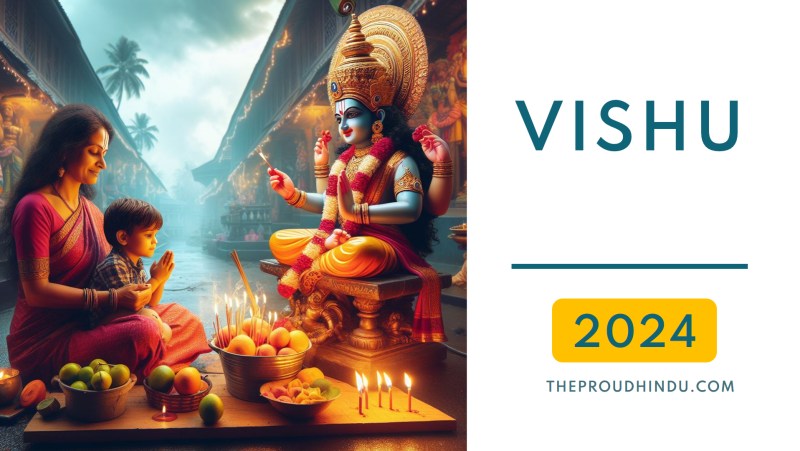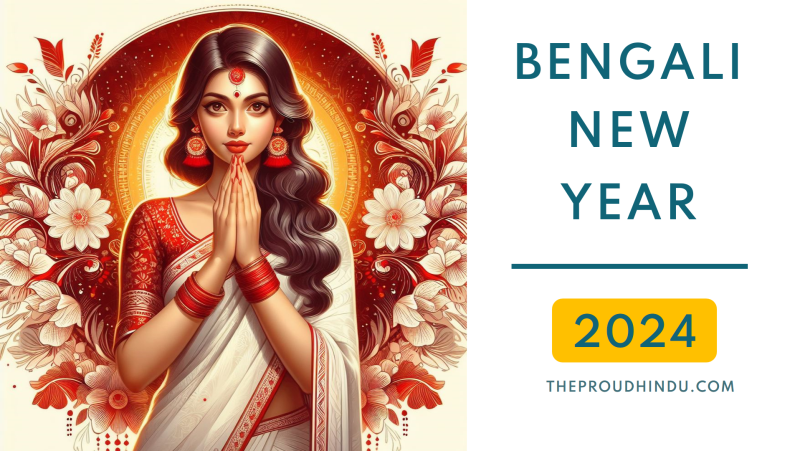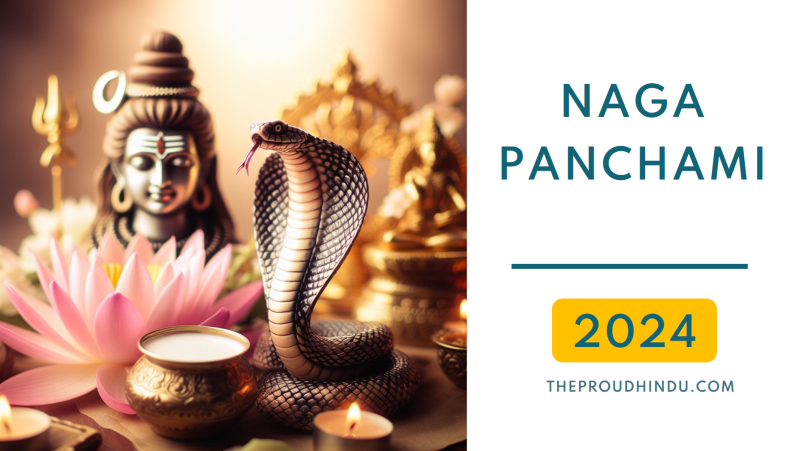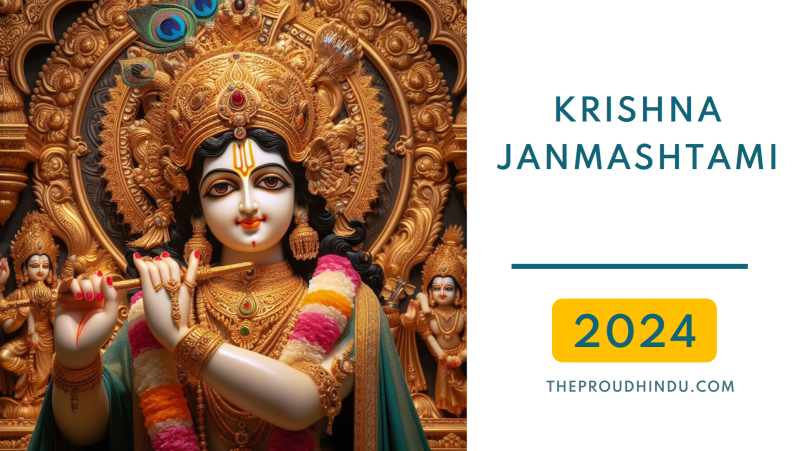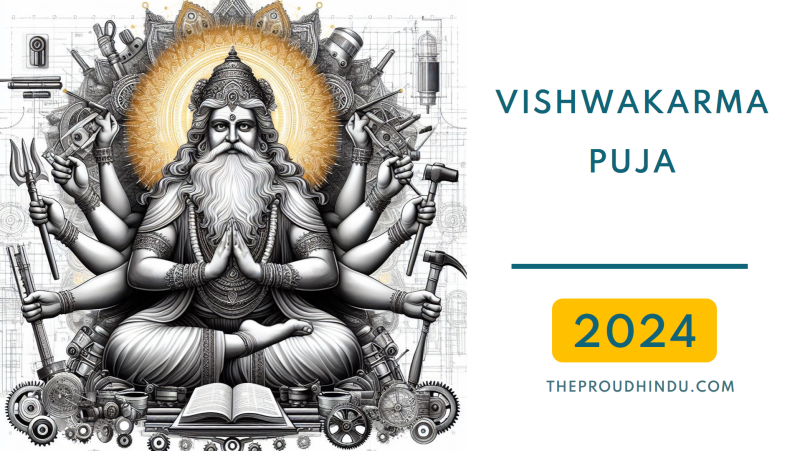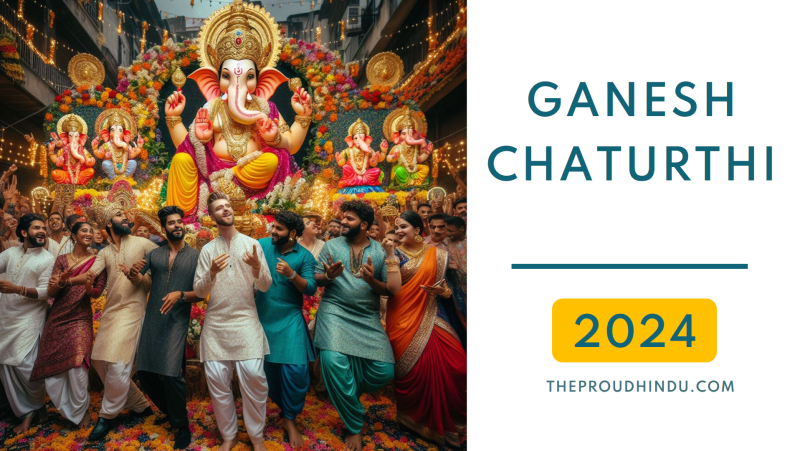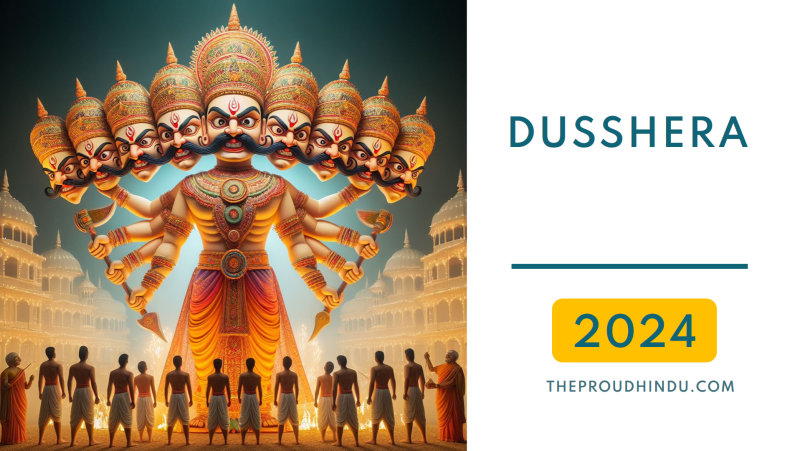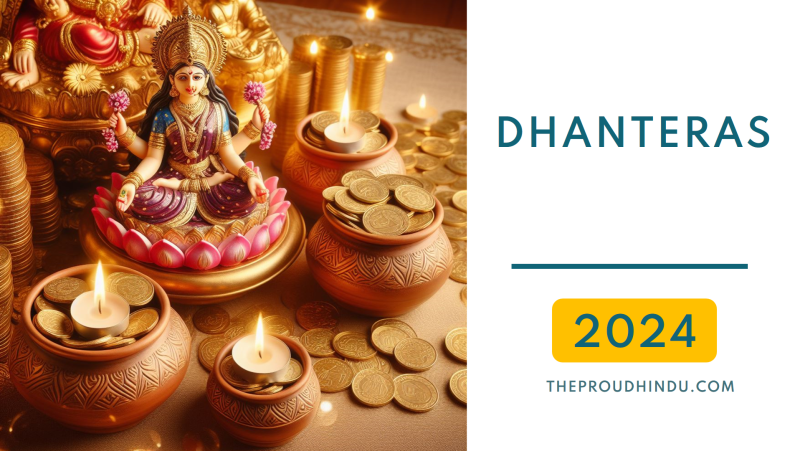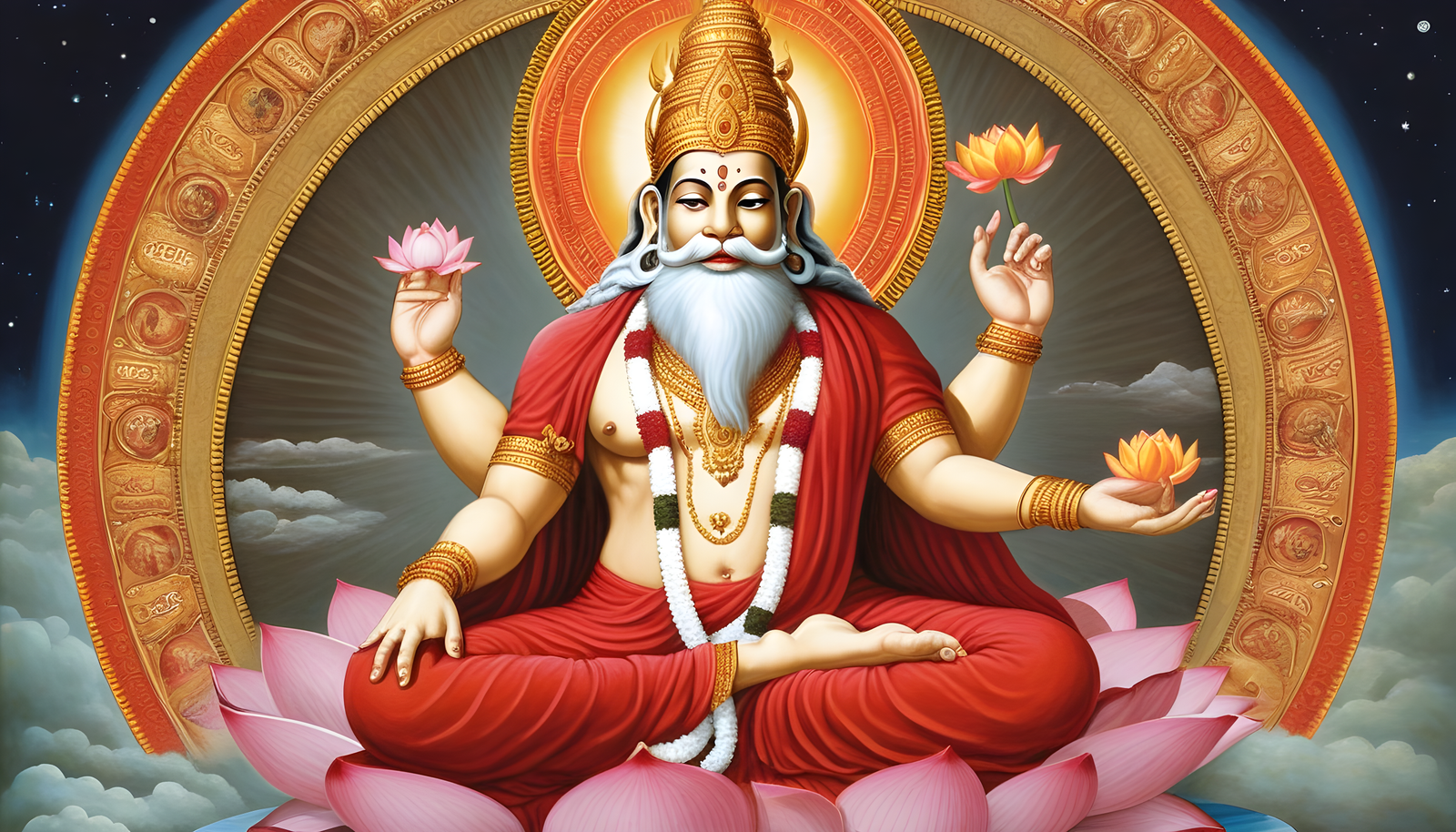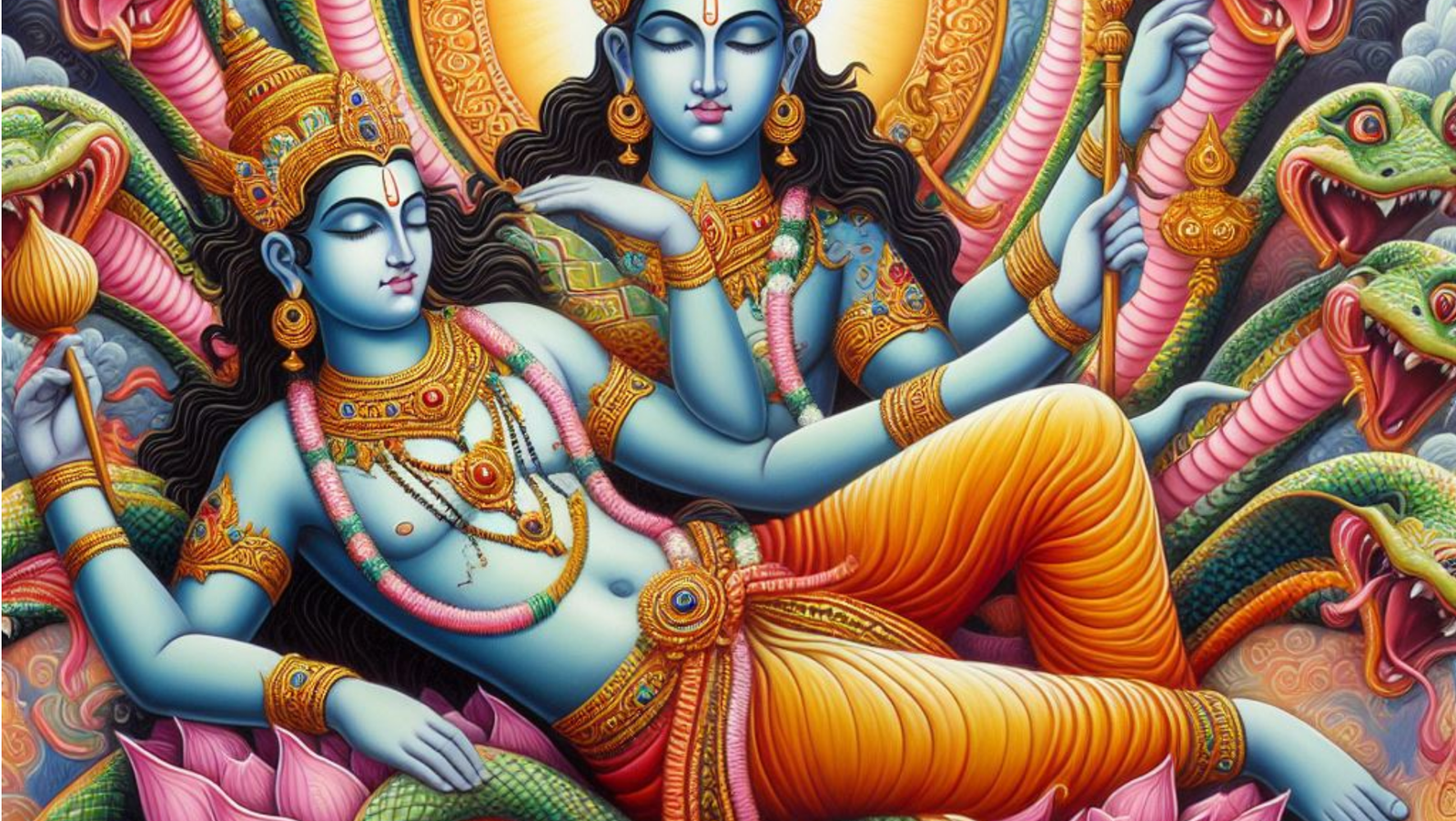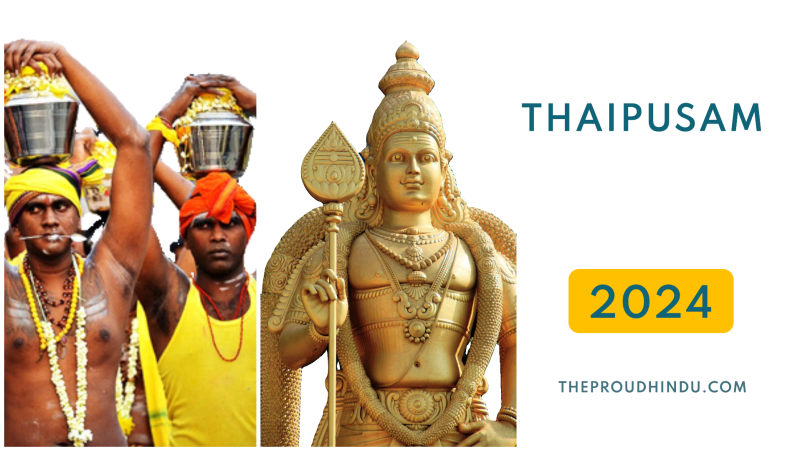
About Thaipusam Festival 2026 Celebration
Thaipusam (Tamil: தைப்பூசம், Taippūcam?) is a Hindu festival celebrated mostly by the Tamil community on the full moon in the Tamil month of Thai (Jan/Feb). It is celebrated on the full moon day of the Tamil month of Thai, which falls in January or February.
Thaipusam Festival 2026Date
Thaipusam in 2026 will fall on Sunday , 01 February 2026.
Significance of Thaipusam Festival
Thaipusam is an important festival in Hindu religion that is dedicated to Lord Murugan, Hindu God of war, victory and wisdom. For devotees, the festival is very special and denotes a lot of things:
1. Devotion and Penance: Thaipusam demonstrates the devotion of the devotees and their readiness to undergo penance and make sacrifices as an offering to Murugan. Devotees fast too, as well as undertake kavadi, when they carry physical burdens, often decorative structures, on their pierced bodies or have their tongues, faces, and bodies pierced with sharp objects, as acts of faith and torment.
2. Vows: Several devotees do Vows, commonly referred to as “Kavadi Vow” in which they promise to give something to Lord Murugan in return for their wishes being answered or seeking blessings. The fulfillment of these vows during Thaipusam is very significant and evidences the determination of the devotees to keep their pledges.
3. Spiritual Strength and Stamina: Thaipusam illustrates the spiritual strength, stamina and determination of devotees. The act of carrying Kavadi, enduring the physical trials, and undergoing the long parades illustrate that these worshippers can obliterate the boundaries of pain, pleasure, and physicality just to communicate with the Lord.
4. Victory of Good Over Evil: The festival symbolises the triumph of good over evil. The grace of the festivities: Per Hindu mythology, today is when Lord Murugan subdued the demon Soorapadman, (representing the victory of good over bad), his form with six faces and twelve hands to abolish evil forces and his peacock is the vehicle to destroy the evil action.
5. Community and Cultural Bond: Thaipusam is not just a religious event, but a cultural gathering of Tamil descendants. It encourages oneness and unity, reflecting complete harmony and a sense of belonging between people of all faiths who join in a common celebration of their faith and traditions.
Thaipusam represents piety, devotion, penance, and celebration of the divine glory of Lord Murugan. It is a manifestation of the spiritual show as the devotees demonstrates vows, endurance and spiritual learning or to be bless in look after by and serve the lords they committed to.
Thaipusam Meaning
The term Thaipusam is a combination of the name of the month, Thai, and the name of a star that is at its highest point during the festival.
The festival is celebrated to worship the Hindu god Murugan (Karthikeya), otherwise known as Lord Murugan, the Hindu god of war, victory and wisdom.
Thaipusam Attire and Customs
1. Fasting and Penance: Pilgrims undergo fasting and perform penance Kavadi (elegantly designed structures).pole bearing and other ways as a token of their commitment to Lord.
2. Piercing and kavadi attam: The most dramatic of Thaipusam’s observances are the acts of piercings and Kavadi-attam. It forms as an act of penance, purgation of vows to Lord Murugan.
3. Festive Procession: Colorful and festive processions are conducted from temples to shrines or temple to temple of Lord Murugan. The Kavadi carriers are followed by devotees, who are in trance and participate in the chanting of hymns and prayers.
4. Offerings and Prayers: It is customary for the devotees to offer prayers, rituals and offerings such as fruits, flowers, and milk at temples for Lord Murugan.
5. Folk performances: Among other cultural programming, traditional dances and classical music performances are held, which contribute to the celebration of Thaipusam.
Thaipusam Story Of Lord Muruganinsula
Thaipusam in myth and legend Thaipusam is rich in mythology and symbolism based on Lord Murugan. A popular legend relates to the destruction of the demon Soorapadman by Lord Murugan. Here’s what you need to know:
According to Hindu myth, the powerful demon Soorapadman threatened to overthrow the gods (Dievas) and destroy humanity. With severe penance he received great powers and became invincible. The Devas implored Lord Shiva for assistance and he manifested his energy as Lord Murugan, also called as Kartikeya or Subramanya to destroy the demon.
When he was created he was given six divine weapons by the Devas. They were Anagha, Prana, Astra, Vindhyavarana, Nagapasha and Brahmashira and a particular purpose. A severe fight took place between Lord Murugan and the demon for years.
When Lord Muruga proved to be so strong, Soorapadman turned himself into a big mango tree in order to avoid the defeat. Unfazed, Lord Murugan broke the mango tree into two, and one part came to be a peacock as his vehicle, and the other a rooster representing Victory.
In the end, Lord Muruga killed the demon Soorapadman which symbolizes the victory of good over the evil, of righteousness over mischief. The victory is celebrated on Thaipusam, where, again, Lord Murugan saved the world after his intervention protected it and restored peace.
This achievement is celebrated by Hindu devotees who at Thaipusam, affirm their place in faith, to do penance, to fulfill vows that they have undertaken and to offer thanks to Lord Murugan who has answered their prayers.
Paal kudam in Thaipusam Festival Celebrations
“Paal Kudam” has importance during Thaipusam, and when it is celebrated regionally in countries like Singapore and small towns of Malaysia, it involves filling a pot of milk, another form of offering to Lord Murugan as a form of penance or fulfillment of vows.
'Paal Kudam' means 'milk pot' in Tamil. “Paal Kudam” is made by the devotees carrying these pots while participating in the Thaipusam processions, to thank Lord Murugan for the prayers answered or blessings received. Here is a general guide to the ritual.
Preparation: The pilgrims make vows to the god for many reasons, health, wealth, job, and family needs are among the many reasons and the journey includes, the carrying of milk pots as offerings in devotion to Lord/Murugan. They decide to take “Paal Kudam” as an offering for the deity.
Pot of Milk: Paal Kudam usually consists of a pot of milk carried on the head or in the hands. The milk is treated as a holy milk and is pushed to lord Murugan Temple in the form of abhishekam for lord Murugan.
The penitents: Procession with the devotee to Murugan temples, also wearing saffron-coloured attire, attended by family and friends, such as the Batu Caves in Malaysia, as well as to more local temples like the Sri Thandayuthapani Temple in Singapore.
Pouring the Milk: After the devotee reach the temple they pour the milk from "Paal Kudam" over the Idol of Lord Murugan as a mark of devotion and offering. This is a gesture representing fulfilling their commitments and invoking the deity’s blessings.
Paal Kudam for Murugan: Carrying of "paal kudam" symbolize the devotee's vow, faith and trust in his Muruga. It is an act of thanks and loyalty, and the forming of a petition or prayer.Fulfilled vows bring blessings, protection, or desires as requested by the devotee during the vow making process.
This is a part of the elaborate celebration of Thaipusam and is offered by devotees as an act of dedication to their faith and to their Lord.
Kavadi Attam: The Dance of Self-Sacrifice at Thaipusam
Kavadi Attam is a dance performed by the devotees during the ceremonial worship of Murugan, the Tamil God of War. Here's an overview:
Preparation and Significance:
1. Vows and Penance: Devotees take vows in the name of Lord Muruga for health, wishes fulfillment, gratitude etc. He and his companions opt to fulfill this vow as a Kavadi, an offering to the god.
2. Kavadi construction: The kavadi is a beautiful and ornate structure, consisting of poles fastened to a cross piece that bearing a small heavy cage while decorative elements like peacock feathers and flowers cover the ornamented frame. Its size and complexity could range from small, simple Kavadis to heavy Kavadis that can be very large and ornately decorated.
Performing the Kavadi Attam:
To the Temple in a Procession : In a state of trance, they carry`Kavadi' on their shoulders or hangs it from their body. They march from their homes or temples in the night, to Murugan temples.
Dance and Devotion: Devotees dance in a form of trance with Kavadi, and this dance is called the Kavadi Attam which is performed to rhythmic music of drums. The dance is a means of showing their love, dedication, and repentance to their lord, Murugan.
Acts of Self-Torture: A few individuals show their love and dedication toward the deity by inflicting pain upon themselves in the Kavadi Attam. It could mean stabbing their bodies with metal sticks, or hooks, or tiny spears, as an act of self-mortification.
Vows Fulfilled: On arrival at the temple of Lord Murugan, the pilgrims/visitors pray and take blessings; many of them also fulfill vows by performing certain pujaas (rituals) and by offering prayers etc.
Symbolism and Devotion: Kavadi Attam represents the surrender, penance, and sincere dedication of a devotee to Lord Murugan. It is an embodiment of devotee's enduring the material pain as a humble gesture to the lord to receive his blessing in the most humane way, fulfilling a vow made to the Lord.
Kavadi Attam is a strong and impressive part of Thaipusam, which reveals the love, determination and intense religious faith of devotees in Lord Murugan.
Countries That Celebrate The Thaipusam Festival
It is mainly observed in countries where there is a substantial presence of Tamil community such as:
Malaysia: Thaipusam is celebrated in Malaysia at a grand scale as the Malaysian Indian community consider this festival as a very important event, especially those from Penang and other Malaysian states where there is a significant Tamil community, such as the Batu Caves. The Batu Caves festival is one of the most acclaimed Thaipusam celebrations globally, with followers and visitors converging on the site from far and wide.
Singapore: The festival is observed in Singapore, where it is mainly held at the Sri Thandayuthapani temple in Tank Road. Devotes take part in the rituals and carry Kavadi.
India: Thaipusam is celebrated with piercings and parades throughout South India, particularly in the state of Tamil Nadu, where Murugan temples abound and devotional activities are held, but the festival may not be as widely celebrated as in other countries.
Sri Lanka: In Sri Lanka, the Pongal festival is celebrated by the Tamil eelam people over three days: bhogi festival, Thai Pongal, Maatu Pongal.
Other countries: In countries where there are Tamil diaspora, such as in certain regions of Europe, North America, and Australasia, the Thaipusam is also observed at Hindu temples, cultural centers or asylum shrines or within Hindu communities.
These festivals have different names in different regions, however, the festivities amount to worship of Lord Murugan, the personification of the universal soul.
Thaipusam is a colourful, spectacles, and spiritual festival that demonstrates the determination, tolerance and religious beliefs of devotees, as well as the fascinating cultural heritage of Tamil community.
Thaipusam Date
| Year | Date | Day |
|---|---|---|
| Thaipusam 2023 Date | 04 February 2023 | Saturday |
| Thaipusam 2024 Date | 25 January 2024 | Thursday |
| Thaipusam 2025 Date | 11 February 2025 | Tuesday |
| Thaipusam 2026 Date | 01 February 2026 | Sunday |
| Thaipusam 2027 Date | 22 January 2027 | Friday |
You may also like …
Are You The Proud Hindu?
The Trimurti
Create an account to join us and start taking part in conversations.
SIGNIN

